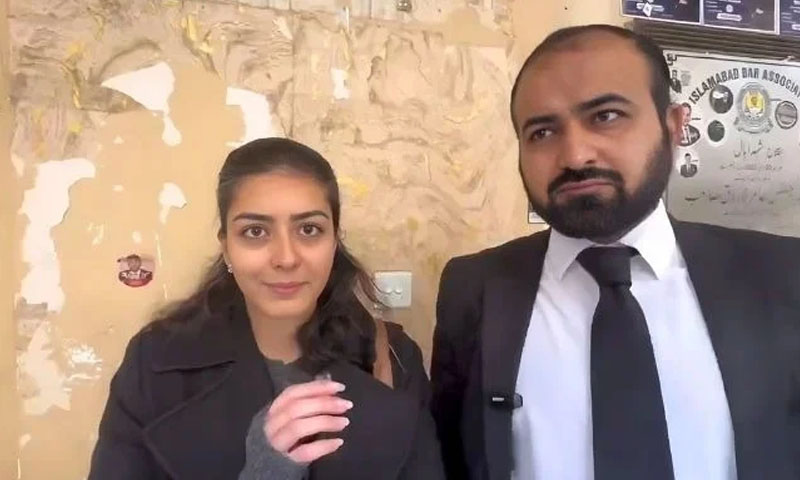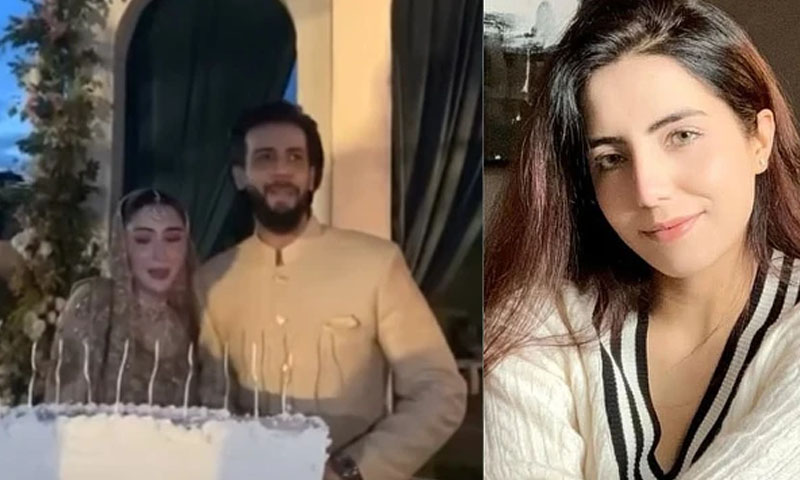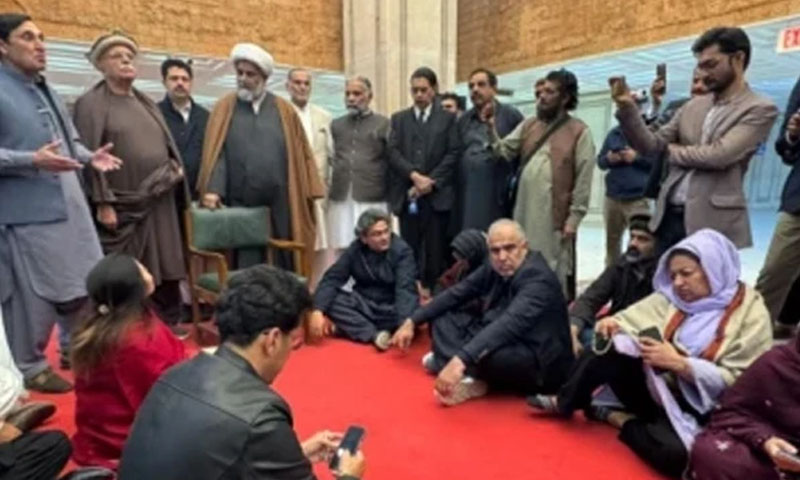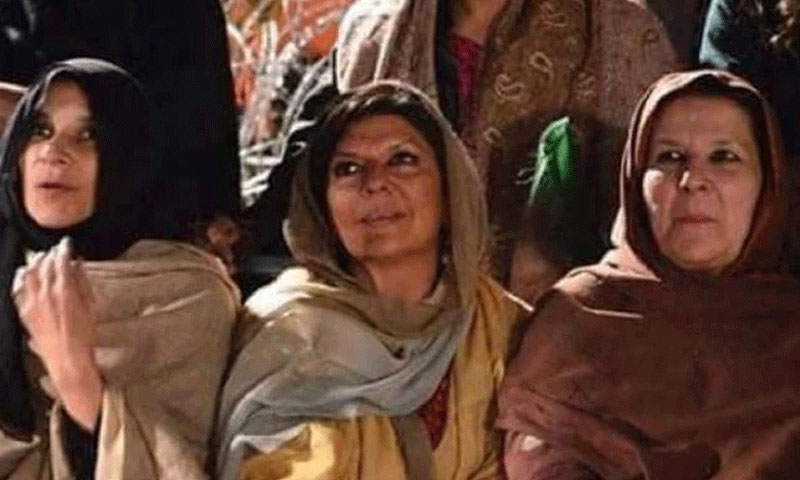- Web Desk Nadir Baloch
- 8 Hours ago
SC seeks to rectify Bhutto case, pledges historical justice
-

- Web Desk
- Jan 08, 2024
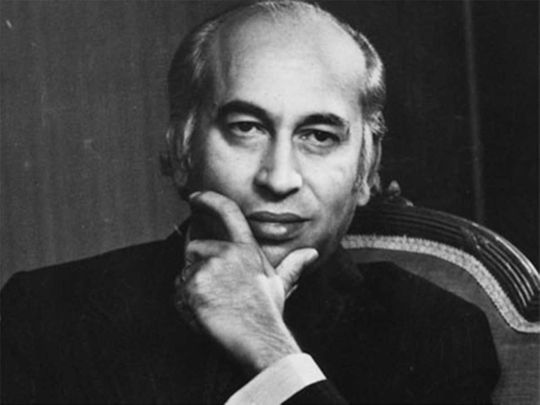
ISLAMABAD: In a significant development, Chief Justice Qazi Faez Isa announced on Monday that the Supreme Court intends to “set a better example” in the Zulfikar Ali Bhutto reference, a presidential review seeking to reevaluate the capital punishment handed down to the former prime minister and founder of the Pakistan Peoples’ Party (PPP) in 1979.
CJP Isa, presiding over the hearing of the presidential reference, stated that the Supreme Court is examining an individual’s honour and aiming to rectify historical inaccuracies in the case. The larger bench, headed by CJP Isa and consisting of Justices Sardar Tariq Masood, Syed Mansoor Ali Shah, Yahya Afridi, Amin-ud-Din Khan, Jamal Khan Mandokhel, Muhammad Ali Mazhar, Syed Hasan Azhar Rizvi, and Musarrat Hilali, resumed proceedings on the controversial death sentence.
TTP claims responsibility for Bajaur attack that killed 6, injured 10
Bhutto was executed on April 4, 1979, in Rawalpindi district jail for a murder conviction, a move contested by his party as a “judicial murder.” Former president Asif Ali Zardari initiated the presidential reference on April 2, 2011, under Article 186 of the Constitution, seeking the court’s opinion on revisiting the trial of the PPP founder.
During the previous hearing on December 12, 2023, Justice Mansoor raised concerns over the reference, questioning the court’s authority to rehear a matter already concluded. The proceedings of the reference were broadcast live on the Supreme Court’s official website and YouTube channel.
At the start of today’s hearing, PPP leader Senator Raza Rabbani appeared before the court, representing Sanam Bhutto, Bakhtawar Bhutto, and Aseefa Bhutto, and submitted a petition to become a party in the case. Zahid Ibrahim, representing Zulfikar Bhutto Jr and Fatima Bhutto, and amicus curiae Makhdoom Ali Khan presented arguments during the proceedings.
Justice (retd) Naseem Hasan Shah’s interview formed a crucial aspect of the reference. Justice Shah emphasised that the court could only give an opinion on legal questions under Article 186, dismissing the notion that an interview could decide the case. The court played Justice (retd) Shah’s interview, where he indicated that only one judge spoke out, suggesting the judiciary’s lack of independence at that time.
‘Bat’ election symbol saga: PHC to hear PTI’s petition tomorrow
Justice Afridi countered, stating that a single interview could not determine the independence of the judiciary, highlighting dissenting judges who expressed their opinions in writing. CJP Isa underscored the significance of the bench’s ratio in Bhutto’s case.
Makhdoom compared the reference to the Samiullah Baloch case, urging the court to re-examine the matter if it believed justice was compromised. Justice Hilali emphasised the need to rectify history, stating that the stain on an individual’s character extends to institutions.
The Supreme Court adjourned the hearing until the third week of February, accounting for the general elections scheduled for February 8.

